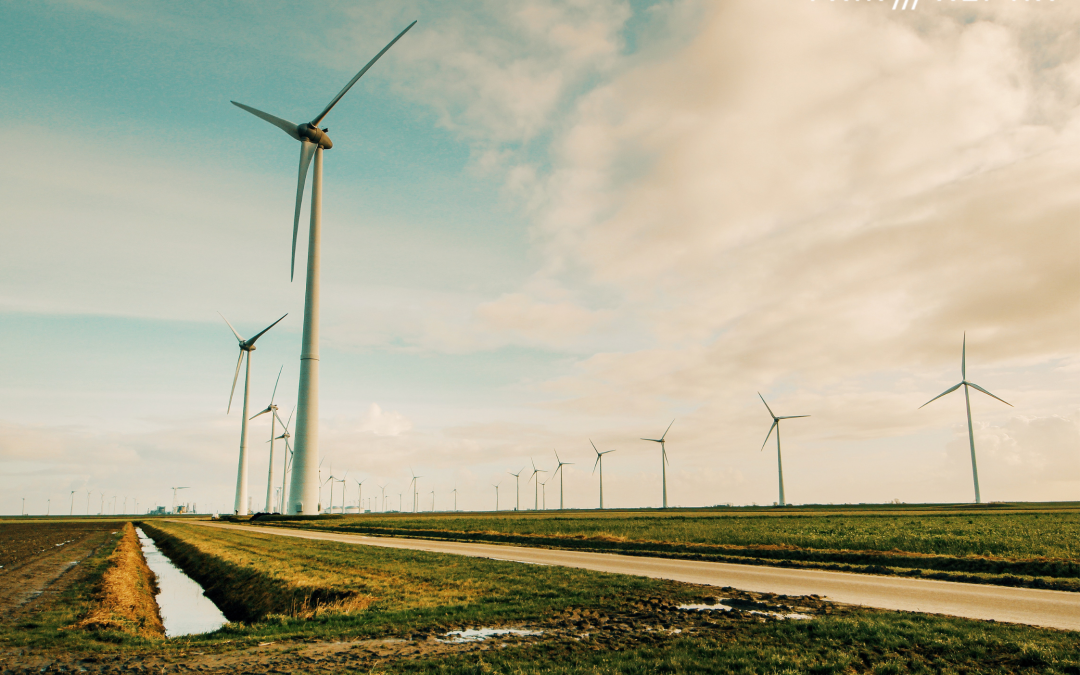Government action on climate protection is causing the market for sustainable investments to grow rapidly. The Ukraine war is additionally accelerating the shift from fossil fuels to renewable energy, driving demand for green projects and types of financing such as bonds. While green bonds have made up only a minor part of the global bond market to date, this is about to change. “The potential is enormous”, said Tim Faltis, Board Member at FAIR ALPHA.
Politicians have paved the way for the economy to move towards climate neutrality and businesses need to adapt. This is where the bond market plays a central role by creating the means to realise the green transformation: In recent years, sustainable investments have therefore developed into a boom market all over the globe.
According to the Climate Bond Initiative, sustainable debt securities in excess of $700 billion were issued in 2020, double the previous year’s figure. As recently as 2016, the volume had only reached some $100 billion. Last year, the growth continued; according to financial market data provider Refinitiv, sustainable bonds reached $1trn, growth spearheaded by more than 1,000 green bond issues. Europe was the largest region for sustainable finance bonds, taking a 54 per cent market share, followed by 22 per cent by the Americas and 18 per cent in Asia/Pacific.
“The figures show the massive growth of recent years, but also the enormous potential”, Faltis pointed out. Despite the increase, however, the global bond market continues to be dominated by conventional financial instruments. The fossil fuel industry’s outstanding debt is nearly three times the size of the sustainable credit securities market. “This is something that has to change”, Faltis added. An increasing number of political and business actors are therefore demanding solutions from the financial sector, offering the global capital market the opportunity to use its influence and to contribute to climate protection.
The appropriate environment is improving all the time: countries like Germany are creating benchmarks for the market with securities such as green federal bonds. The EU Commission followed suit with green Eurobonds, announcing that about one third of the EUR 750 billion “Next Generation EU” programme will be financed by green bonds. With its taxonomy, the EU also presented binding guidelines for sustainable investments, even though many private sector standards and rules are much stricter.
What is much more important, however, is not only increasing supply, but the high investor demand for sustainable securities, which makes the market grow from the bottom up. Technologies such as the Internet, Big Data and AI are helping investors analyse data and evaluate businesses in terms of their sustainability. The corporate sector has clearly recognized the importance of climate protection for long-term growth prospects. Resilience is an important keyword, which refers to the ability of companies and investment portfolios to successfully adapt to and lead the way in climate-neutral development. Competitive advantages are expected by those who are the first to react. “This turns climate protection from a necessity into an opportunity”, said Faltis. “The market for ESG investments is therefore likely to face years of exorbitant growth”, Faltis highlighted. “As a provider of sustainable securitisation solutions, we want to contribute to this growth and enable players to combine sustainable and financial impact alike.”

